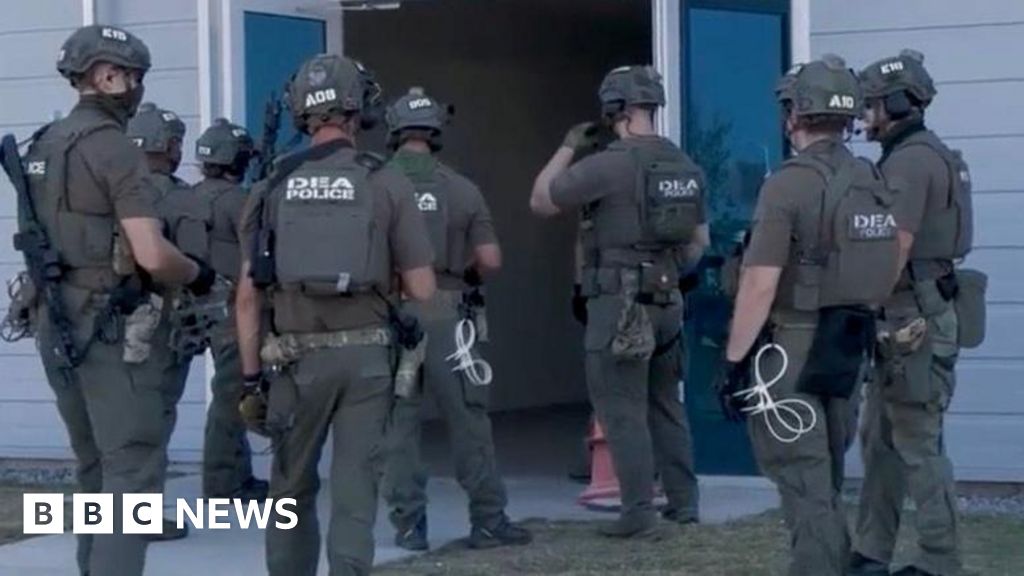South Korea Secures Release of Citizens Detained in Georgia Hyundai Plant Raid Amid Diplomatic Tensions
South Korea Secures Release of Citizens Detained in Georgia Hyundai Plant Raid Amid Diplomatic Tensions

South Korea has announced a breakthrough agreement with the United States for the release of its citizens detained during a large-scale immigration raid at a Hyundai battery plant in Georgia. The chief of staff to South Korea’s president confirmed that a chartered plane is prepared to bring the detainees home once administrative procedures are finalized. The government is also exploring ways to improve the visa system to prevent similar incidents in the future.
The raid, which saw US immigration officials detain 475 individuals—over 300 of whom were South Korean nationals—targeted workers allegedly found to be illegally employed at the facility, a significant foreign investment project in the state. The White House, under the Trump administration, defended the operation, dismissing concerns that it could deter foreign investment. Then-President Donald Trump stated, “They were illegal aliens and ICE [Immigration and Customs Enforcement] was just doing its job.”
Reports indicate that South Korean Foreign Minister Cho Hyun was expected to travel to the US for discussions. Tom Homan, then-Trump administration border tsar, had suggested that more extensive worksite enforcement operations were likely, emphasizing that employers hiring undocumented workers do so to exploit labor. Video footage released by ICE showed Asian workers, some wearing Hyundai and LG CNS vests, in shackles. ICE clarified that individuals on short-term or recreational visas are not authorized to work in the US, asserting the raid’s necessity to protect American jobs and hold accountable those who exploit the system.
The timing of the raid raised diplomatic concerns in Seoul, as South Korea, a close US ally, had pledged substantial investments in American manufacturing, partly in response to tariffs. This occurred during a period when the Trump administration actively encouraged foreign investment while simultaneously tightening visa allocations for foreign companies.
Disclaimer: This content is aggregated from public sources online. Please verify information independently. If you believe your rights have been infringed, contact us for removal.